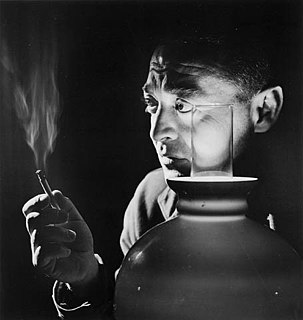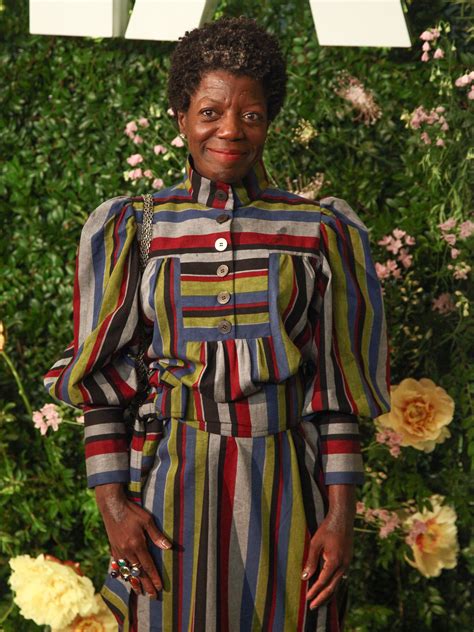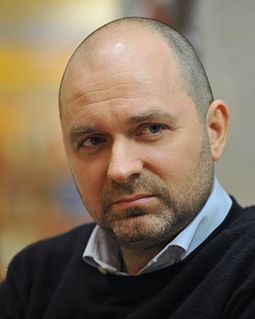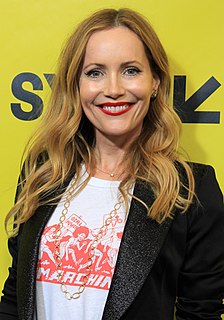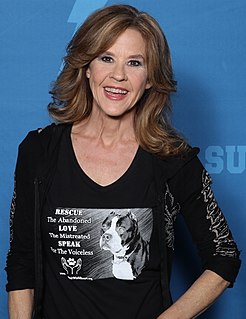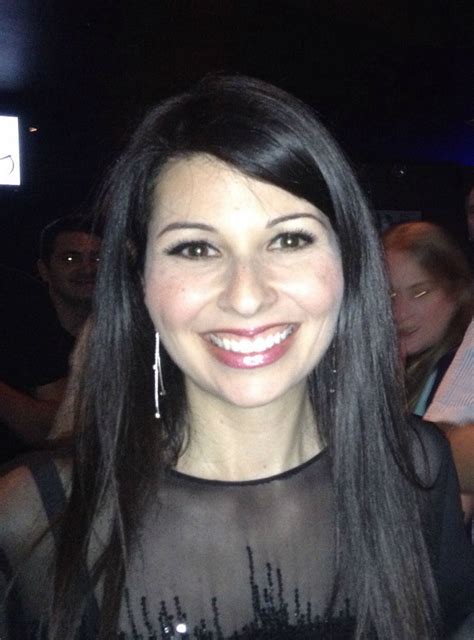A Quote by Emily Haines
I like the idea of interviews where you just talk about stuff instead of where it's my chance to talk to my public through something else.
Related Quotes
I think, at some level, we see young people all over the country mobilizing around different issues, in which they're doing something that I haven't seen for a long time. And that is, they're linking issues together. You can't talk about police violence without talking about the militarization of society in general. You can't talk about the assault on public education unless you talk about the way in which capitalism defunds all public goods. You can't talk about the prison system without talking about widespread racism. You can't do that. They're making those connections.
On the contrary, it's because somebody knows something about it that we can't talk about physics . It's the things that nobody knows anything about that we can discuss. We can talk about the weather; we can talk about social problems; we can talk about psychology; we can talk about international finance gold transfers we can't talk about, because those are understood so it's the subject that nobody knows anything about that we can all talk about!
The way I wrote it is a nice and enjoyable way to write stories, to pretend to say something when you're really saying something else. "Hey guys, come, I'll take you a football match." They all come - and you suddenly take them to watch theater play on the stage instead. In Istanbul Istanbul, I pretend to talk about torture and politics, but I don't actually. Instead I talk about hope and hopelessness, darkness and light, good and evil, love and separation.
The more readings a novel has, even contradictory, the better. In journalism, you talk about what you know; you have provided yourself with records, you have gathered information, you have performed interviews. In a novel, you talk about what you don't know, because the novel comes from the unconscious. They are very different relationships with words and with the world. In journalism, you talk about trees; in the novel, you try to talk about the forest.
That's what I like about the idea of the aesthetic experience, the idea of both enjoying looking at works of art and how they kind of talk to you, and also the process of making art, getting back to that idea of the aesthetic experience of making art is very important, It's another way of thinking. Instead of just using your brain, you're using your hands to think with. They're different connections, the brain that comes through the fingertips as opposed that comes through the eyes and ears.
We also have this reflex of using specialists for everything, instead of having the person who is there every day with them, the teacher, talk about death and suicide. In the film, it's portrayed a little bit like a caricature, but it's the psychologist who comes in and Monsieur Lazhar does not think it's a good idea. He thinks he should be the one who should talk about that with the children.


